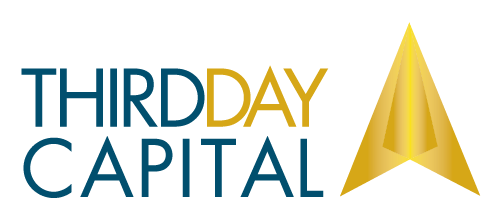 If you leave a financial inheritance to your children, what is the last thing you’d want them to do with it?
If you leave a financial inheritance to your children, what is the last thing you’d want them to do with it?
If you answered “Buy a car”, you’re part of the overwhelming majority of parents in the country.
How long do you think, on average, a financial inheritance recipient waits to buy a car?
According to the New Car Dealer Association: 19 days.
Which is why, when we’re asked “How much is too much?”, we always answer that question with another question: “What’s the least amount of money your heirs would need to buy a car?”
Just kidding. We don’t give that estate planning advice because we’re not estate planning attorneys (nor do we play them on T.V.), and even if we were, it wouldn’t be practical.
But we do facilitate our clients’ exploration of that question when they ask it by attempting to help them see that money, in and of itself, has no power for evil or good, and that the widely-regarded belief that wealth above a certain threshold will negatively influence character is a myth.
The truth is, money is intrinsically inanimate. Therefore, money doesn’t create or influence character, it simply reveals character. Money is a tool that allows us to express our values, whatever they are. Rather than limiting the amount of wealth heirs will receive out of fear or pessimistic expectations, we encourage clients to focus their energy on preparing their heirs to be good stewards of their financial inheritance, regardless of the amount.
So how do parents prepare their children to be good stewards? By providing opportunities to adopt healthy values. We’re particularly fond of two strategies. First, philanthropic / charitable inclusion. Philanthropic experiences are second-to-none when it comes to expanding someone’s world view and opening their hearts and minds to others. When we look beyond ourselves, beyond our own needs and wants, and recognize the dignified humanity in those around us, the concept of resource stewardship becomes easy to understand and desirable to embrace. It can be as simple as having a child place your money in the church offertory, the Salvation Army bucket, or any other spontaneous opportunity to give a small sum to a non-profit organization. It can be as complex as asking them to research and make recommendations for non-profit organizations for your family’s foundation or donor advised fund. It can incorporate money or time. And it can be your money when they’re very young, and theirs when they’re a bit older. Whatever the tactic, build strong, selfless values such as prudent stewardship of resources through some form of philanthropic or charitable experiences.
The second strategy is not so easy. Let your children fail. Failure is the greatest teacher, but as parents, we’re hard-wired to protect our children from painful experiences. Nevertheless, if we let our children fail, in safe ways, they will learn exponentially more than we ourselves can ever teach them directly. Let them make poor purchase decisions. Let them spend all of their savings on insignificant items. Let them choose to perform a job poorly and then pay them based on the quality of the work. Let them fail a test or turn in a poor paper and get a poor grade. But afterwards, follow up with them, talk with them about their experience, help them reflect on it, learn from it, and grow from it. When it comes to failure as a teacher, the second part is just as important as the first.
How much is too much? The question implies a monetary topic, but the essential subject is not money-related. It’s a different kind of inheritance. An inheritance of values and character, which is always more precious than money.
How much is too much? The answer depends on the values and character of the recipient. For those who are self-centered and unprepared, the answer is “anything is too much”. For those who are self-less and well-prepared, the answer is “nothing is too much”.
We want to ask you: “What are you going to start doing today?” so that tomorrow, you can answer the “How much is too much?” question by confidently stating “Nothing is too much for my children.”

